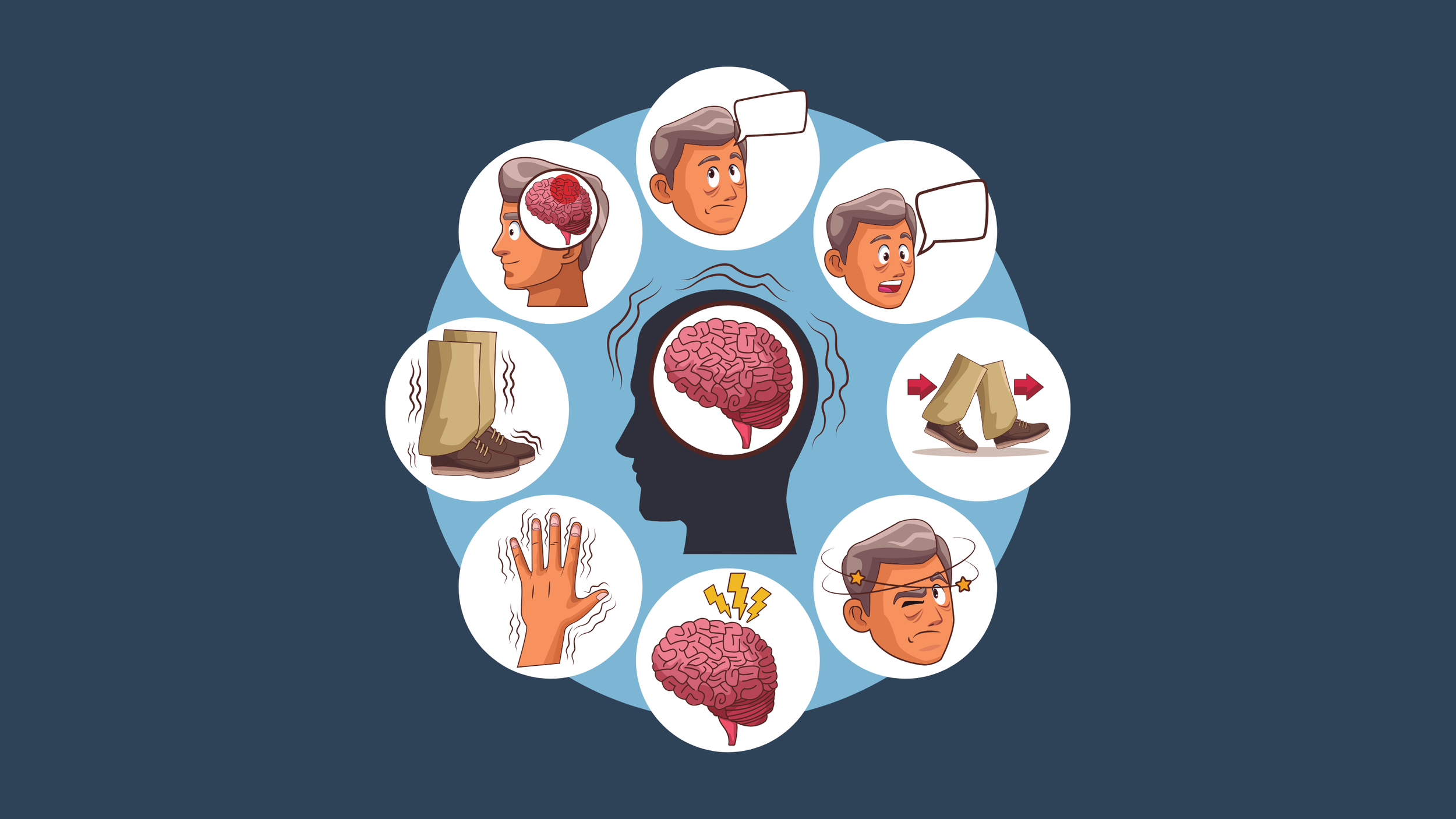Cognitive disorders, such as Alzheimer’s and Parkinson’s disease, significantly impact memory, thinking, and behavior. These disorders tend to worsen over time, making even simple tasks increasingly difficult. Early detection by a neurology specialist and ongoing evaluation lead to effective management. This can improve the quality of life for affected individuals.
Understanding Cognitive Disorders
Cognitive disorders are conditions that greatly impair fundamental brain functions like memory, problem-solving, and decision-making. These conditions often progress slowly, making it harder for individuals to maintain their independence and manage daily activities. Various factors increase the risk of developing cognitive disorders.
Neurology plays a rold inunderstanding risj factors and how they impact the brain. Aging is a common risk factor, but genetics, previous brain injuries, and lifestyle conditions like high blood pressure, diabetes, and sleep apnea can also contribute. Alzheimer’s disease, Parkinson’s disease dementia, vascular dementia, and mild cognitive impairment (MCI) are some of the cognitive disorders that are widely recognized. Each condition presents unique challenges, but all affect the brain’s ability to perform routine functions.
Why Early Diagnosis Matters
The sooner the neurological condition is detected, the sooner treatment and management strategies can be implemented. Timely intervention can slow the progression of symptoms and enhance the effectiveness of treatments. In some cases, early detection allows patients to participate in clinical trials that explore new therapies or experimental treatments, offering them access to cutting-edge care options.
Early diagnosis provides families and caregivers the opportunity to make necessary preparations for the future, whether by arranging for care or making lifestyle adjustments to support the patient. Early intervention can also help patients maintain their independence for a longer period of time. With the right care and support, many individuals with cognitive disorders can continue to engage in their normal daily activities, such as driving or managing household tasks, for some time after their diagnosis.
Living with Cognitive Disorders
Managing cognitive disorders is a team effort that requires collaboration among various healthcare professionals. Neurologists often work with psychologists, occupational therapists, social workers, and other specialists to create a personalized care plan. Treatments may include medications, cognitive therapy, and assistive technologies to help the patient maintain daily functioning abilities. Cognitive therapy, for example, can help patients strengthen their memory and problem-solving skills, while medications may help alleviate symptoms or slow the disease’s progression.
Support groups are also a valuable resource for both patients and caregivers. These groups offer a space where individuals can share experiences and coping strategies. Caregivers, in particular, can benefit from the guidance provided by others who understand the challenges of caring for someone with a cognitive disorder.
Get Expert Neurology Care
Neurologists play a central role in diagnosing and managing cognitive disorders. Their expertise, combined with advanced diagnostic tools and techniques, helps guide patients through understanding their condition and exploring treatment options. Early diagnosis allows for timely intervention and helps improve long-term outcomes. If you or someone you know is experiencing cognitive changes, seeking a neurologist’s help can make a significant difference in managing the condition.





Leave a Reply